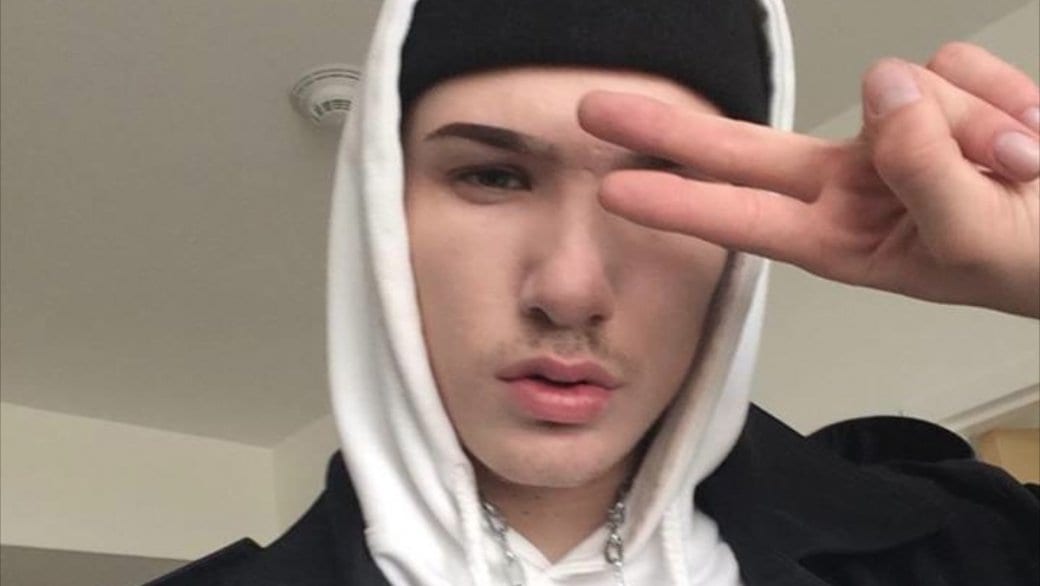Nearly six months after queer teenager Oliver Zamarripa disappeared off the streets of Vancouver, his friends are still looking for answers.
Zamarripa went missing on Oct 15, 2016. His body was found two weeks later, 260 kilometres away in Lytton, a tiny town where friends say he had no reason to be. He was 19 years old.
Since then, the RCMP, who are handling the case, have said nothing. They would only tell Xtra that the investigation into Zamarripa’s death is ongoing, and that they have no reason to believe he was targeted because of his sexuality.
“We have no information to suggest that Oliver may have been targeted because of his LGBTQ lifestyle,” RCMP representative Sergeant Annie Linteau says. “We have absolutely no information to suggest that. But we cannot discard any theories.”
The RCMP have not said how Zamarripa died, but say they consider his death suspicious. He was last seen alive, police say, in the early hours of Oct 15 on Vancouver’s Granville Mall.
To Zamarripa’s friends, the silence is becoming unbearable.
“Nobody’s talking about it,” says Chase Fervent, lanky and restless in a team Germany baseball cap, smoking beside the JJ Bean on Commercial Drive.
“It makes people awkward and sad, I think,” Amanda Bloomfield says, sitting nearby.
“They don’t want to deal with it,” cuts in Fervent (who also goes by Porter).
“Nobody knows what to say about it,” Bloomfield continues. “There’s nothing to say.”
“A lot of us are going to counselling now,” Paul Bear muses quietly. “We’re on medications. It’s too real, man. It’s too real. It’s very traumatizing just to talk about.”
Fervent, Bloomfield and Bear were all close friends of Zamarripa. They put up posters around the Davie Village when he disappeared, flooded internet forums with questions about his whereabouts, and sat through hours of police questioning. Now they feel deserted, by the police and the gay community.
“When it all came out, there was almost no media coverage,” Bloomfield says. “Just a little scroll at the bottom of the TV screen when he went missing. And then he was found. And I do believe that was because he was a young queer kid in the party scene, and they just want to hide it. They just pegged him as a young party kid.”
Zamarripa’s friends held a birthday party for him at Jim Deva Plaza, his old stomping grounds, a few months after his death. Few people came.
“Davie Street made me feel good,” Fervent says. “But it doesn’t make me feel good anymore.”
“It used to be a place where we felt safe to be ourselves,” Bear murmurs. “I’d just like justice for what happened.”
Zamarripa’s friends say news about his case might bring some sort of closure, but also a renewed feeling of safety on their own streets.
“We have no idea what the hell’s out there,” Bloomfield says. “How can people say they feel safe?”
Safety concerns over Zamarripa’s disappearance were to be a major topic in a meeting between the Vancouver Police Department and the LGBT community in February. The meeting was cancelled at the last minute due to controversy over the VPD’s participation in the Vancouver Pride parade.
Local politicians in Lytton told Xtra they were unaware of Zamarripa’s death, let alone any connection to the tiny rural community.
Anyone with information on Zamarripa’s disappearance or death can contact the RCMP E Division Major Crime tip line at 778-290-3900.


 Why you can trust Xtra
Why you can trust Xtra


